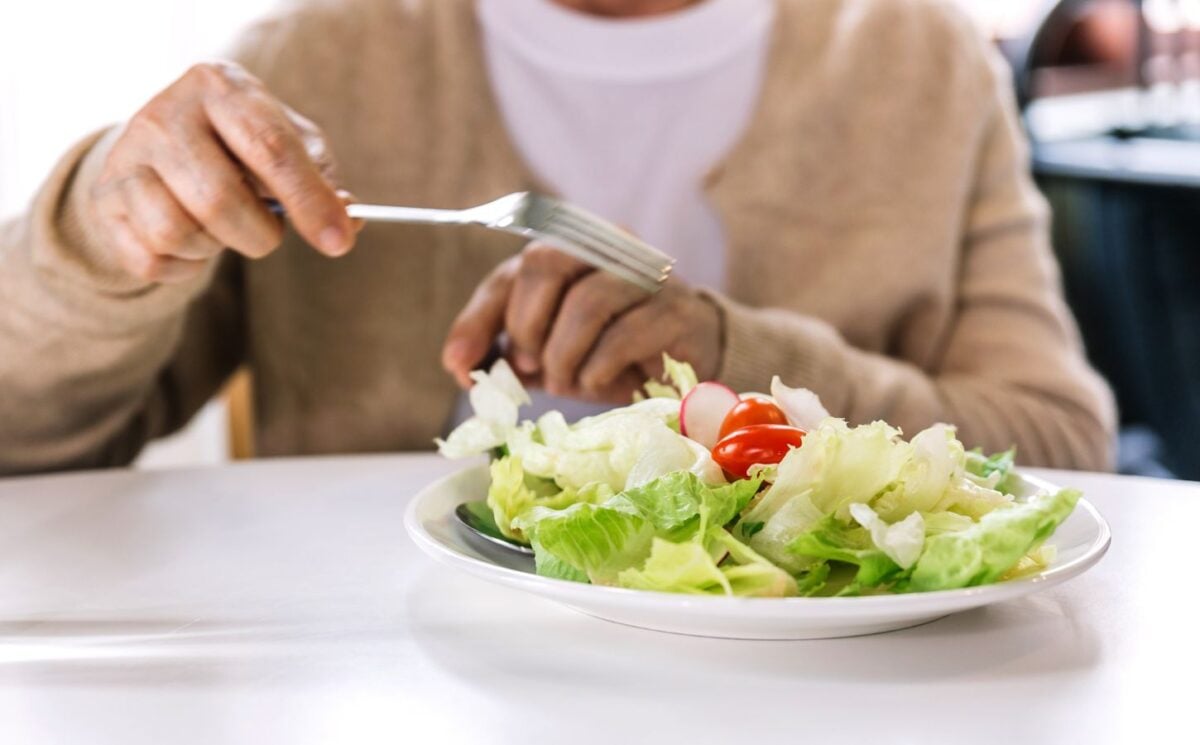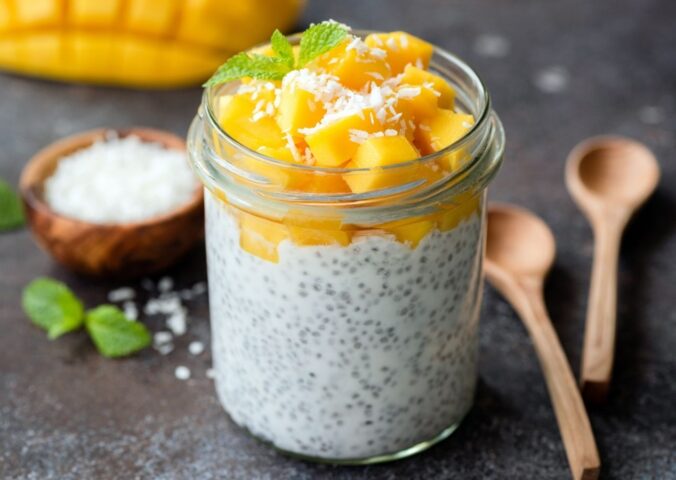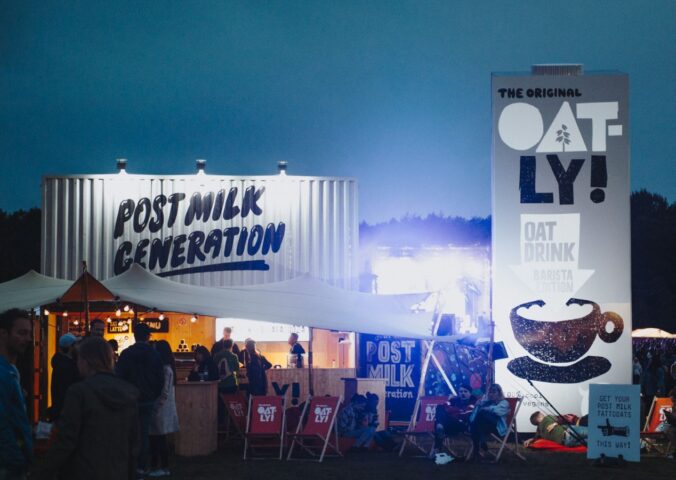A Danish court has ruled that a patient’s rights were not violated by a lack of “adequate” vegan options at the hospital in Hvidovre, Copenhagen, where she was staying.
Read more: Switzerland’s Inaction On Climate Crisis Breaches Human Rights, Says Landmark Court Case
Mette Rasmussen, a Danish woman, had been hospitalized in Hvidovre in 2020 in relation to her pregnancy and said she was given dry white rice, carrots, celery, and potatoes. The hospital also told her to bring a packed lunch when she returned for childbirth.
The Vegetarian Society of Denmark (DVF) claimed that Rasmussen was subject to discrimination, and sued the hospital’s administrative unit. DVF said that her diet was protected by Article 9 of the European Convention on Human Rights.
Earlier this year, DVF won a landmark case in which a lower court in the city of Hjorring found that vegans are indeed protected by Article 9. In that case, a kindergarten refused to provide vegan food for a pupil, and notably did not allow the parents to send their child in with a packed lunch either, which the court confirmed was “discriminatory.”
In contrast, the District Court in Hillerød, which is just north of Copenhagen, said that Rasmussen “had not been prevented from eating vegan food during her hospitalization,” in that she could have brought plant-based food into the building herself, asked others to do so for her, or even purchased it at the hospital shop onsite.
“It is very surprising that the court believes that what I was offered is considered adequate as vegan food, both in terms of nutrition and taste,” DVF cited Rasmussen as saying, per ABC News. She has reportedly not yet decided whether she will appeal the court’s ruling.
Read more: New York State Sues Meat Giant JBS Over ‘Greenwashing’ Claims
Access to vegan meals can be a ‘challenge,’ including in hospitals

In April last year, a European Citizen’s Initiative (ECI) was initiated to “explicitly make the vegan alternative always present in the private and public places selling food and drinks in Europe,” thereby facilitating better access to plant foods for all.
It suggested that making plant-based food more readily available to people would not only support vegans, flexitarians, and those with allergies, but encourage others to eat plant foods, too. The ECI said this would have “great benefits for the planet,” including climate crisis mitigation, food waste reduction, and the protection of animals and forests.
“From the perspective of being able to live a daily life as a vegan or vegetarian, the access to vegan meals in public sector institutions – such as kindergartens, hospitals, nursing homes, etc. – has for years been a challenge,” said DVF Secretary-General Rune-Christoffer Dragsdahl. “While some Danish hospitals or kindergartens prepare excellent vegan food, other places don’t offer it at all.”
The ECI had until April 2024 to gather one million signatures from at least member states but was ultimately unsuccessful. However, demand for plant-based options continues to increase, with an estimated 6.62 million vegans in Europe and rising.
At the end of 2023, the Danish government itself became the first country in the world to publish an explicit plan for making its food system more plant-based. In addition to reducing its food-related greenhouse gas emissions (GHGs), it includes plans for plant-based exports.
Read more: World Health Organization Calls For Experts To Design ‘Optimal’ Dietary Guidelines






